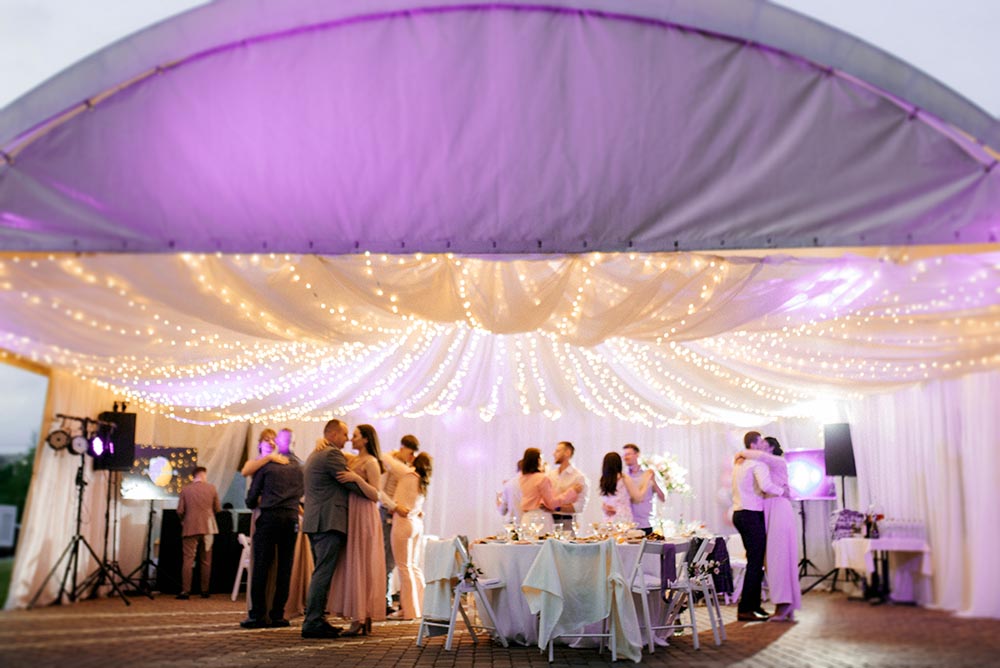
So this is it – the big day is finally before you. You have more things to do than you can count, and the feeling of possibly leaving something out can be terrifying. Indeed, preparing for your wedding day can be one of the most exciting things you do in life. It can also be one of the most stressful. The reception in particular is a massive event in and of itself. Do you really know the protocol? Who is supposed to speak, and in what order?
It’s perfectly normal to be unsure about the details of planning a wedding reception; this is something that everyone goes through. Let’s break down the elements of a reception part by part and see what each component entails. And remember, this is supposed to be the greatest day of your life, so you’ll want to be fully prepared for it.
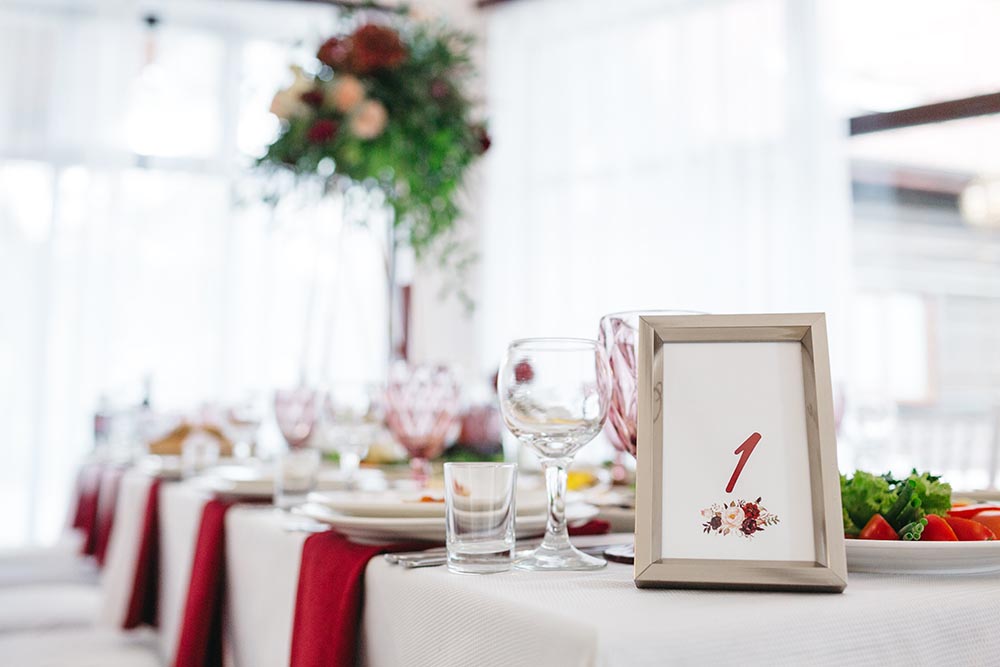
Is it a wedding reception or dinner?
As mentioned above, wedding receptions are whole events. They include multiple courses of food (and cake!), as well as a series of speeches made by people close to the bride and groom. And, of course, entertainment. Let’s look a little closer at what exactly takes place at a typical wedding reception, and in what order.
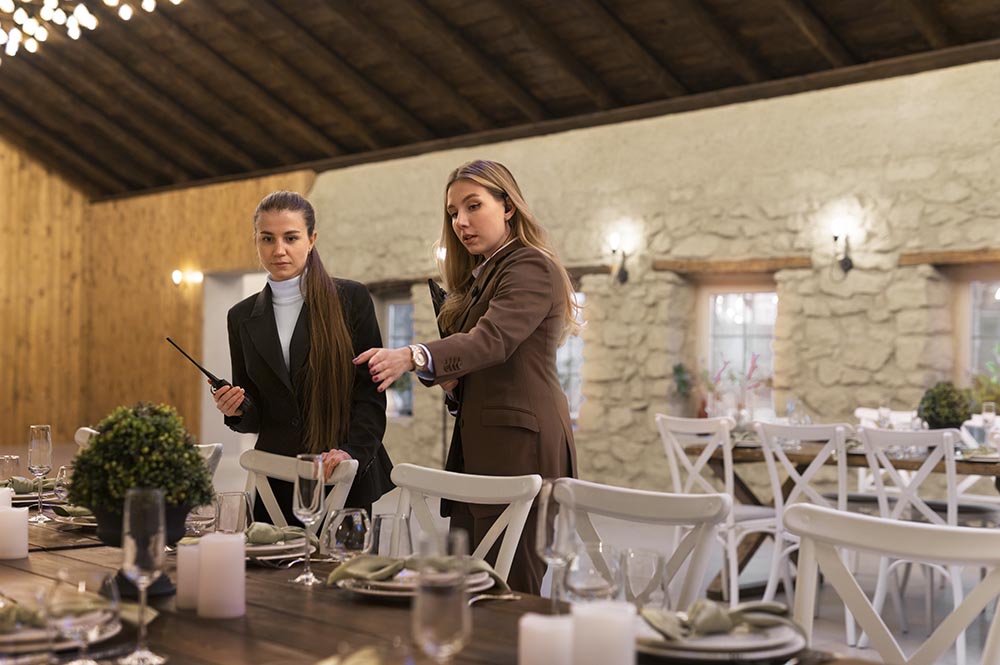
What is done at a wedding reception?
A typical wedding reception usually starts with the bride and groom going through a receiving line. Guests line up to congratulate the happy couple and express their good wishes for the couple’s future life together. Depending on the size of the wedding, this can take anywhere from a few minutes to over an hour!
After this, the formal reception begins with cocktails and mingling among the guests. If the reception takes place in a different location from the wedding ceremony, this intermediary period allows the guests that arrive early to relax and socialise as others filter in. The wedding party – the bride and groom and their families – are generally the last to arrive as they likely have to stay at the wedding site for a lengthy series of picture taking.
Depending on the personal preferences of the couple, some people choose elaborate-looking reception halls, including personalised wedding decor, theme colours, etc. Some couples even use a letter light hire to really jazz up the venue.
Once the happy couple arrives, they are invited to start the first dance. This is usually considered the formal opening of the reception, and it is an opportunity for the couple to take centre stage once more before the general merriment begins.
The emcee of the wedding – usually the father of the bride, but possibly also a close friend – makes a welcome speech thanking all of the guests for coming, and then the dinner begins. Dinner usually consists of three courses, and it is of course highlighted by the cake-cutting ceremony – which hopefully doesn’t get too messy! – and cake being served to all the guests.
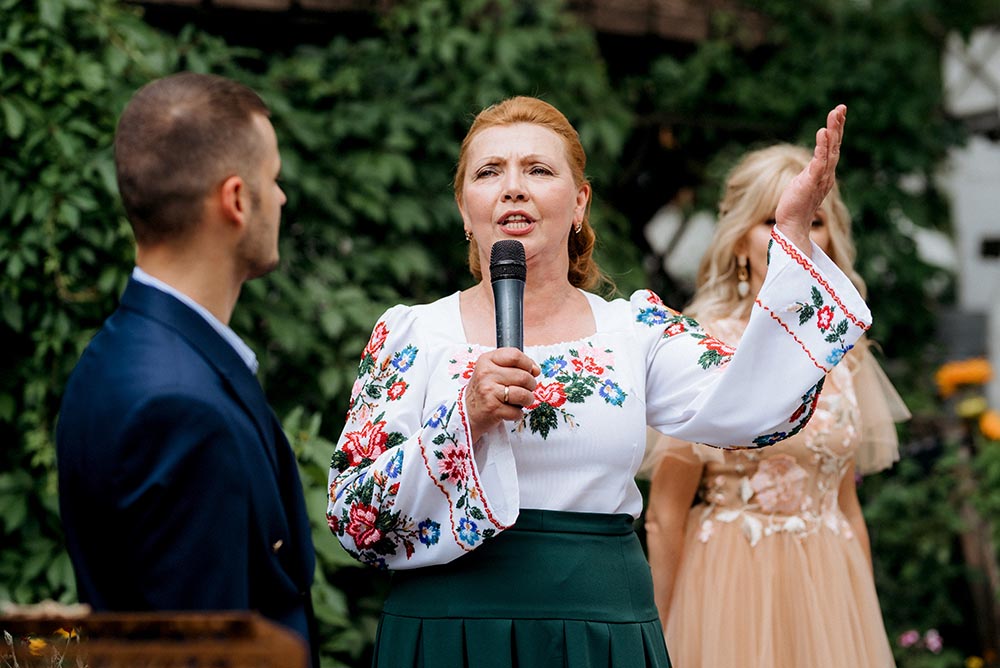
Who speaks at a wedding reception?
At most weddings, there is usually a series of speeches made by different people who are close to the bride and/or groom, starting with the father (or parents) of the bride. As the bride’s family has typically paid for weddings in the past (although this isn’t always the case these days), it is usual for the bride’s father to speak first as he “gives his daughter away.”
The second person to speak is usually the groom’s father (or perhaps mother, but more often than not it is male family representatives who speak). This is followed by the maid (or matron) of honour, who talks about her relationship to the bride, how long they’ve known each other, and how she witnessed the growth of the bride and groom’s relationship. Speeches generally include funny personal stories and sentimental statements about the couple.
Following the maid of honour is the best man. The best man’s speech is usually similar to that of the maid of honour, and it often includes one or more stories about the groom’s past. It’s not unusual for a best man to joke that he never thought the groom would settle down until he met this particular girl.
It’s also traditional for members of the audience to chime in with funny remarks as speeches are being made. This is a time for everyone to think about how the couple came together and appreciate the special moment of their union. Each of the speeches ends with a toast to the bride and groom.
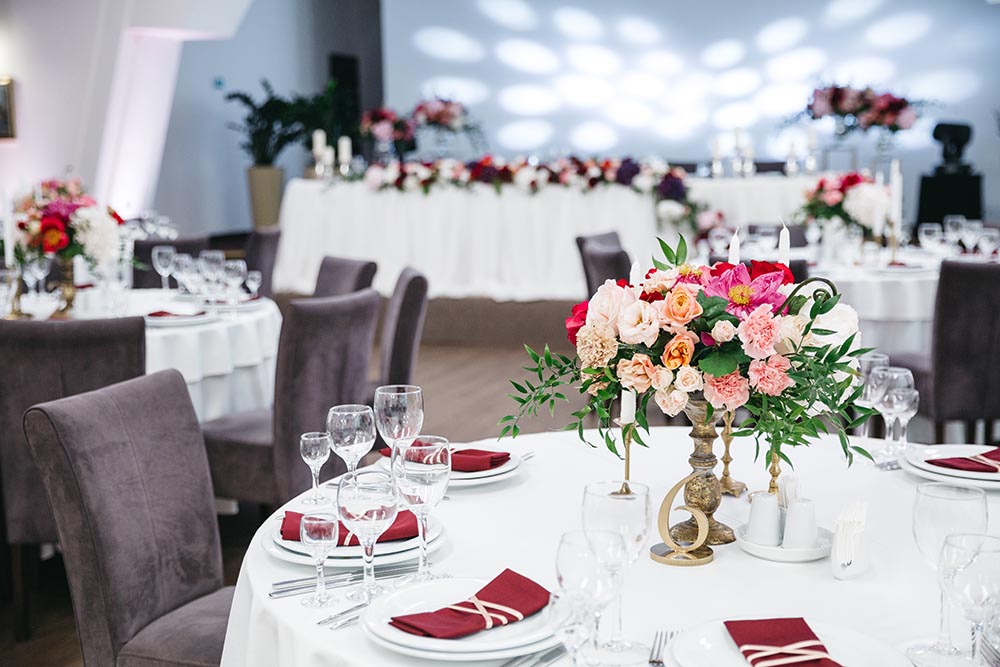
Who pays for the wedding reception?
As mentioned above, although tradition used to have it that the father of the bride paid for weddings, this is often not the case in modern times. For one thing, the cost of wedding reception food – as well as venue rental and decor – has soared in many places, and this can be a big burden on any one particular family.
Therefore, it’s not unusual for both families to share the cost of the wedding. And recently, the bride and groom themselves have been attempting to cover costs as modern couples want to prove their independence. Many couples who are just starting out in life and don’t yet have established careers often look around for reasonably-priced venues, catering services, etc. to minimise the burden on themselves and their families.
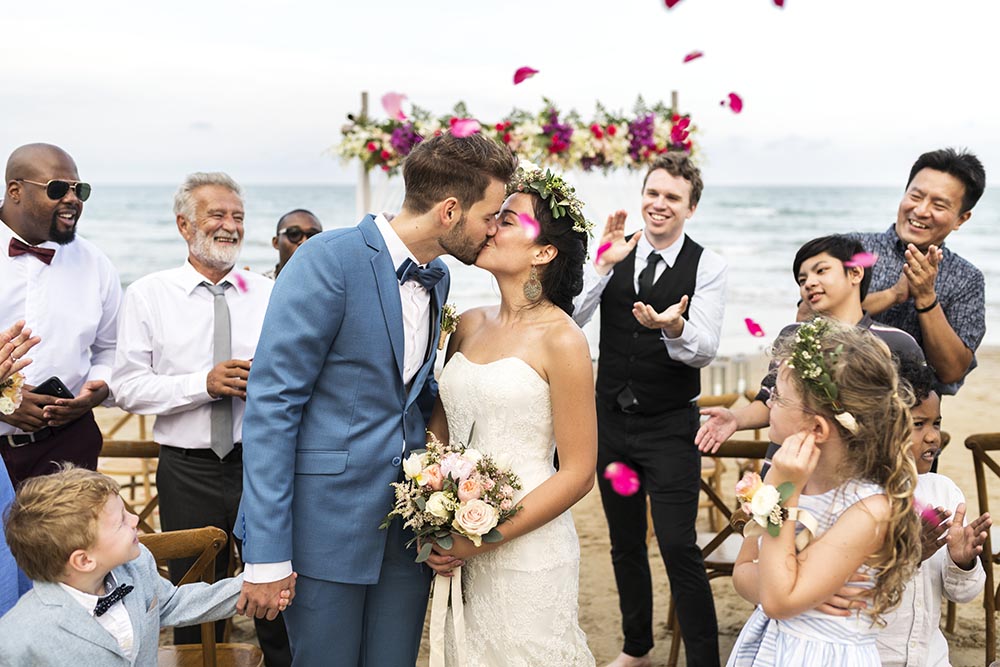
Traditions remain, but they can be flexible
All of the rules laid out here have some flexibility to them. Some couples like to strictly adhere to tradition, while others like to mix things up according to their own personal preferences. And some couples choose truly unorthodox styles – like destination theme weddings – which can really shake up the traditional patterns. It is all up to each individual couple, where their interests lie, and what the size of their budgets are.
However you choose to plan your wedding, just be sure to leave ample time to get everything done. That way, you won’t find yourself stressing out at the last minute, and you’ll be free to enjoy the happiest day of your life!

